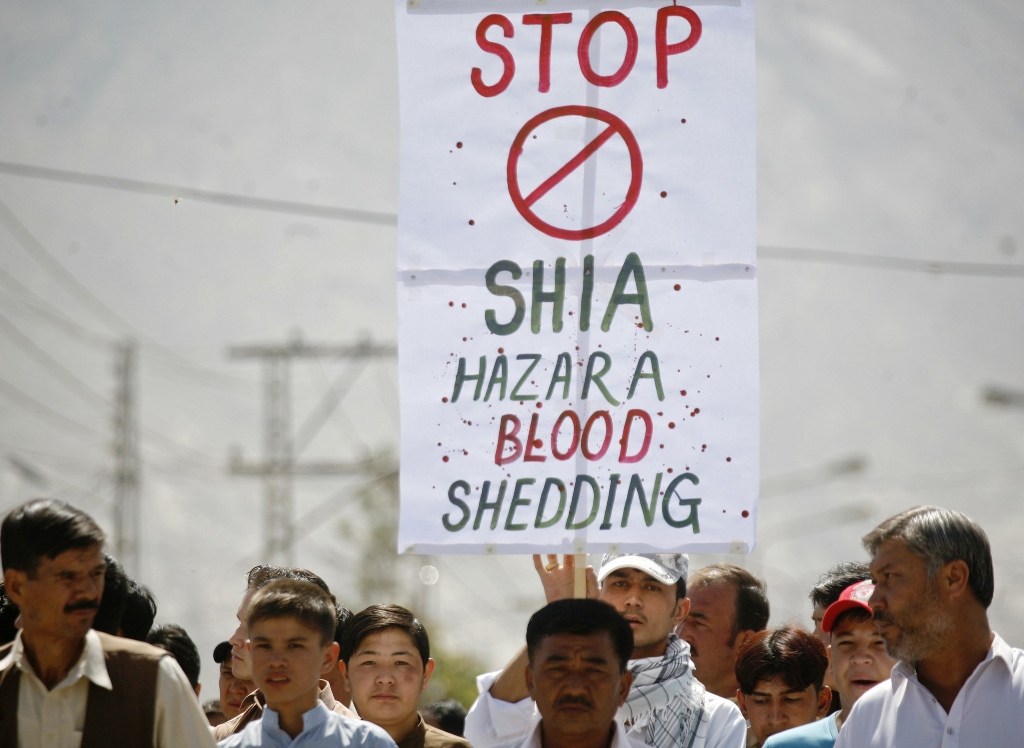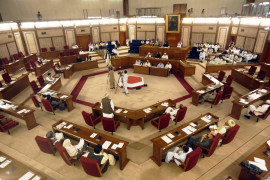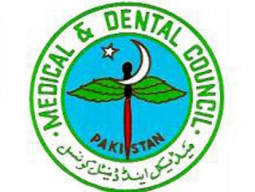
The Supreme Court of Pakistan has directed the Balochistan government not to isolate and separate a particular party or sect in Quetta and to capture the ‘actual culprits’ of the attacks on the Shia Hazaras there.
A three-judge bench was hearing a suo motu case on the attacks on Quetta’s Shia Hazaras. On February 16, a bomb blast in Hazara Town killed around 90 people, and came just over a month after twin blasts left over 100 people dead – most of them from Hazara. Both attacks were claimed by the banned Lashkar-e-Jhangvi.
Everyone has a stake in the city as there are businesses and other activities in Quetta run by every community; the government should, therefore, avoid segregation as it will lead to more trouble, the bench said.
“The activists of Sunni Tehreek have protested after the Quetta police and Frontier Corps arrested their men in an operation in the case of the Hazara Town killings. We fear there could be more sectarian violence if any [sect] is targeted,” Nasir Ali Shah, a Pakistan Peoples Party MNA from Quetta, told the court.
“Action being taken by the provincial authorities may lead to further violence and unrest in the city. It will create more problems for even the Hazaras,” he added.
A representative of Quetta’s Hazaras said they were not against any party or sect - the families of the victims only want justice and an operation against the actual culprits.

Meanwhile, the court rejected a report from the provincial government, submitted by Advocate General of Balochistan Azam Khan Khattak, on what had been done so far.
The bench directed the Balochistan chief secretary, home secretary, Police IG and FC IG to furnish a fresh, comprehensive report by March 6.
Reading from the report, the advocate general said that urea and other fertilizers brought into the provincial city were being thoroughly checked and five entry routes to Hazara Town were closed off in a bid to avert further attacks.
However, an unimpressed Justice Sheikh Azmat Saeed said, “What concrete steps have been taken so far if even scanners have not been installed to detect vehicles laden with explosive material?”
The AG said that four men, alleged to be involved in the attacks, were killed in an operation. However, Chief Justice Iftikhar Muhammad Chaudhry said, “Killing suspects may not solve the problem. Go and arrest the miscreants and put them on trial in a bid to address the core issue and actual problem.”
The chief justice directed the provincial authorities to do what was needed for the treatment of the injured from the February 16 attack and swiftly compensate the families.
Published in The Express Tribune, February 27th, 2013.
1672385156-0/Andrew-Tate-(1)1672385156-0-405x300.webp)
















COMMENTS
Comments are moderated and generally will be posted if they are on-topic and not abusive.
For more information, please see our Comments FAQ